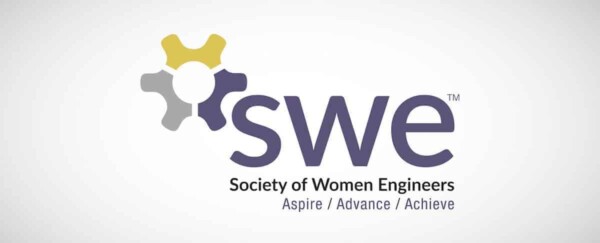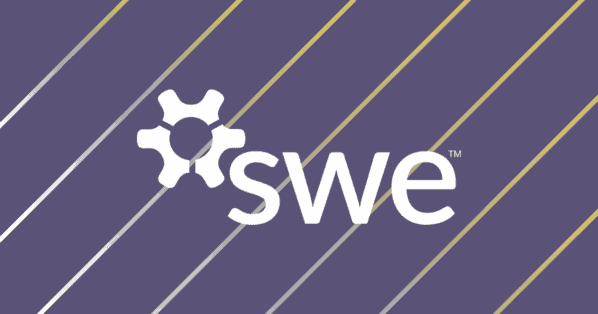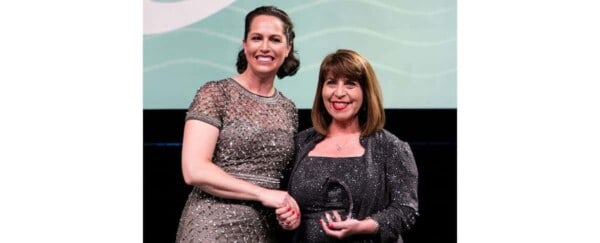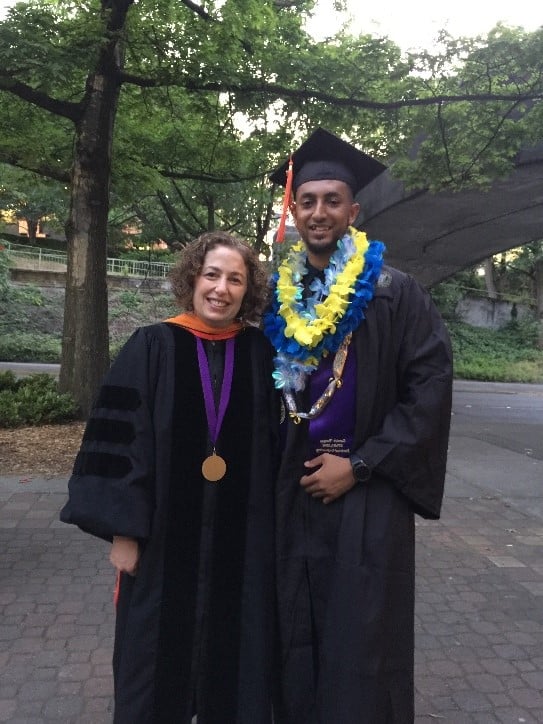 Eve Riskin grew up in Lawrence, New Jersey, as the youngest of three. Like her siblings, she was always good at math and science and naturally gravitated towards those fields. Her father even considered himself “one of the world’s first computer nerds” in the fifties, while her mother taught herself to program. When Eve declared to pursue a degree in computer science, it felt like destiny.
Eve Riskin grew up in Lawrence, New Jersey, as the youngest of three. Like her siblings, she was always good at math and science and naturally gravitated towards those fields. Her father even considered himself “one of the world’s first computer nerds” in the fifties, while her mother taught herself to program. When Eve declared to pursue a degree in computer science, it felt like destiny.
While Eve didn’t fall in love with the programming classes, she found signals and systems to be inspiring. She decided to switch her major to electrical engineering.
After the switch, Eve immediately felt the gender bias. At her calculus midterm, she was unaware that she scored almost double the class average because she was constantly being told she was “only there because she was a woman.” Her confidence was stomped on and it carried on for years.
“These negative messages were sent all the time. It can have such a negative impact. I didn’t know I was a top student because of those messages. It was worse in grad school.”
Eve was experiencing what many of us know as imposter syndrome, but what she now recognizes as prejudice. She started being intentional with how she spoke to herself.
“You are talented. You are smart, and you deserve to be here.”
Eve knew she had something to offer, and more than 30 years ago she vowed to try and turn the tables and help break the system down for people who might be struggling with their confidence.
“If someone tells you that you’re smart, hear them. They aren’t just doing it to flatter you. They see something in you that you may not see in yourself.”
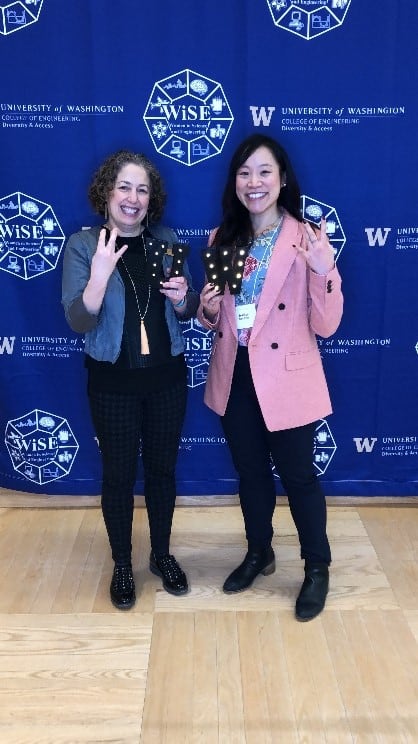
Since then, she’s been working at the University of Washington as a Professor of Electrical and Computer Engineering. She is also the Faculty Director of their ADVANCE program where she works on mentoring and leadership development programs for women faculty in STEM. This, along with many other outstanding mentoring experiences, led to Eve being recognized by many, including the Presidential Awards for Excellence in Science, Mathematics and Engineering Mentoring (PAESMEM). The award is the Nation’s highest honors for mentors who work with underrepresented groups to develop fully the Nation’s human resources in STEM.
Now, Eve plans to take the holistic and multifaceted concepts that she’s learned, such as high expectations and intrusive advising, and implement it in as many collegiate programs as possible. Because not every student comes to college with the same background or levels of preparation, but all should feel empowered to succeed.
If you know an exceptional STEM mentor like Eve, consider nominating them for PAESMEM at www.paesmem.net. Nominations close January 1.
Author
-

SWE Blog provides up-to-date information and news about the Society and how our members are making a difference every day. You’ll find stories about SWE members, engineering, technology, and other STEM-related topics.


